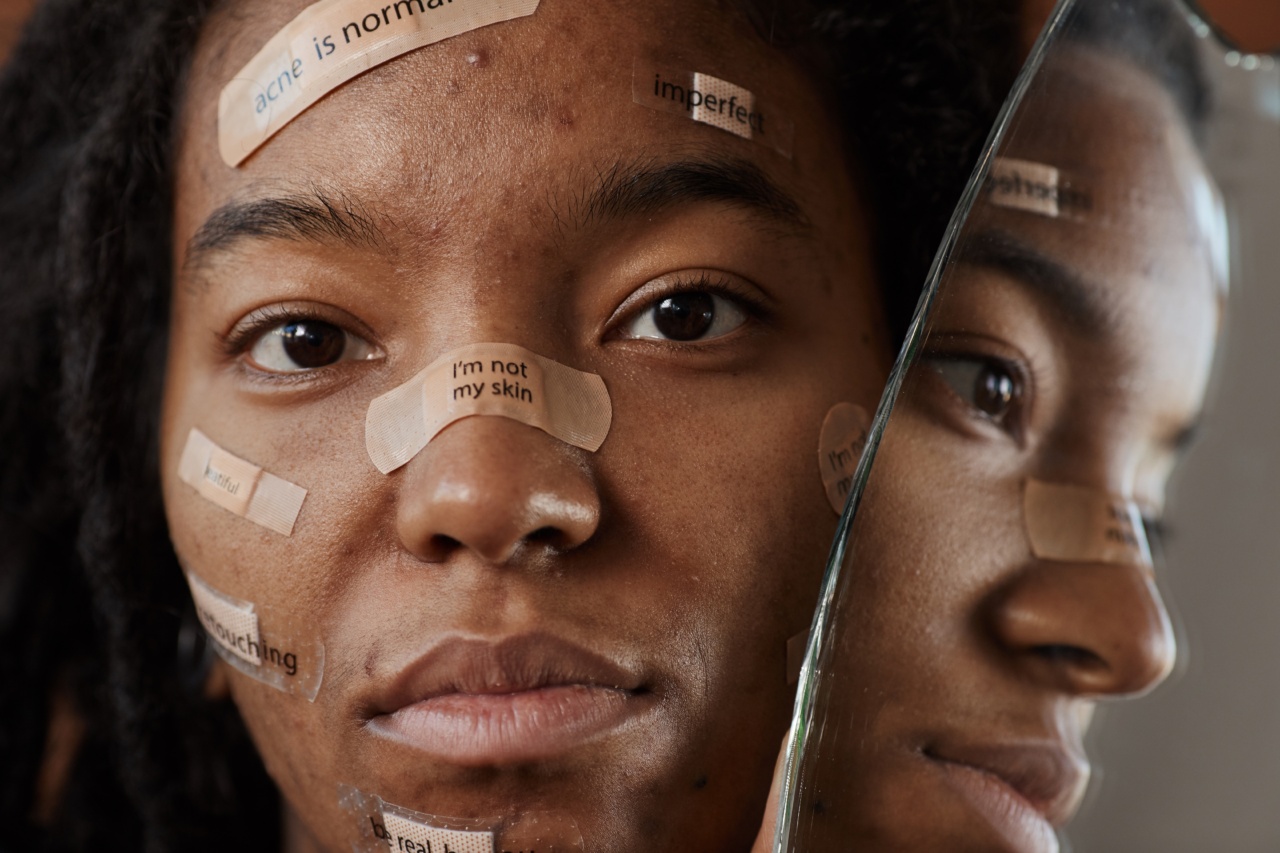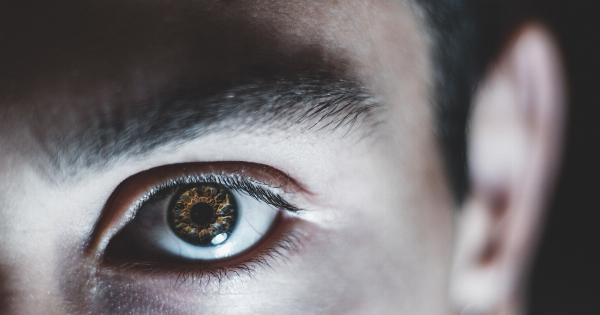Acne is a common skin condition that is often associated with teenage years, but adult acne is also a reality for many.
Keeping our skin blemish-free is important both for health reasons and for our self-esteem, but what are the causes of acne and how can we prevent it?.
Hormones
One of the most common causes of acne in adults is hormone imbalances. These hormonal fluctuations can be caused by a variety of factors, including pregnancy, menopause, taking birth control pills, and stress.
Androgens, hormones that are present in both men and women, are the cause of the majority of adult acne cases. Androgens stimulate the sebaceous glands in the skin, leading to increased oil production, which can clog pores and cause breakouts.
Diet
What we eat can also play a role in the development of adult acne. Foods high in sugar, refined carbohydrates, and dairy products are all thought to be contributors to acne.
Additionally, studies have found that people who consume a diet high in omega-3 fatty acids may be more likely to have clearer skin.
Stress
Stress can have a significant impact on our skin, and acne is no exception. Stress can cause the body to produce more androgens, leading to increased oil production in the skin.
Additionally, when we are stressed, we may be more likely to engage in behaviors that can contribute to acne, such as eating junk food, sleeping poorly, and touching our faces.
Medications
Some medications can also cause or exacerbate acne. Steroids, lithium, and certain anti-epileptic drugs are all known to cause acne in some individuals.
If you are experiencing adult acne, it is important to speak with your doctor about any medications you are taking to determine if they could be contributing to your skin issues.
Cosmetics
The skincare products that we use on a daily basis can have a significant impact on the health of our skin. Certain cosmetics, such as foundations and powders that are oil-based, can clog pores and lead to breakouts.
Additionally, overuse of certain skincare products, such as exfoliants and toners, can cause the skin to become irritated and more prone to acne.
Genetics
While we can often attribute the causes of acne to external factors, genetics can also play a role. If your parents or siblings have struggled with acne, you may be more likely to do so as well.
Some individuals may be genetically predisposed to produce more sebum, which can lead to clogged pores and the development of acne.
Women’s Health Issues
For women, certain reproductive health issues can also contribute to acne. Polycystic ovary syndrome (PCOS) is a common condition that can cause hormonal imbalances, leading to acne and other skin issues.
Menopause and perimenopause can also cause hormonal fluctuations that can lead to acne in some women.
Smoking
Smoking is often associated with lung and heart health, but it can also have a negative impact on the health of our skin. Smoking can decrease blood flow to the skin, leading to a decrease in the delivery of oxygen and nutrients.
Additionally, smoking can cause the skin to age more quickly, leading to a dull and uneven complexion.
Environmental Factors
Finally, environmental factors can also contribute to the development of acne. Exposure to pollutants, such as those found in city air, can clog pores and lead to breakouts.
Additionally, living in a humid climate can cause the skin to produce more oil, leading to acne.
Preventing and Treating Adult Acne
If you are experiencing adult acne, there are several steps you can take to prevent and treat breakouts:.
- Wash your face daily with a gentle cleanser
- Avoid using oily or comedogenic (pore-clogging) skincare products
- Eat a balanced diet that includes plenty of fruits, vegetables, and whole grains
- Exercise regularly to reduce stress and improve blood flow to the skin
- Consider seeing a dermatologist for prescription acne medication
By taking the steps to manage hormonal imbalances, eat a healthy diet, and care for your skin properly, you can reduce the frequency and severity of adult acne breakouts.
Additionally, seeking out medical treatment from a dermatologist can help to address more severe cases of acne and prevent scarring.




























